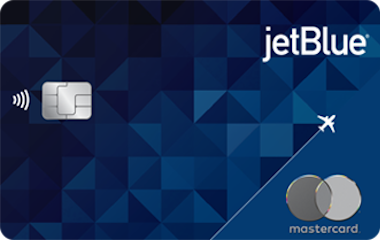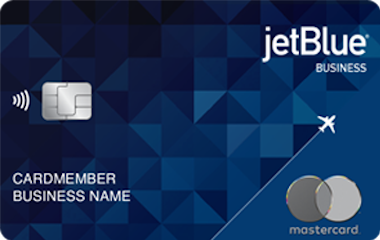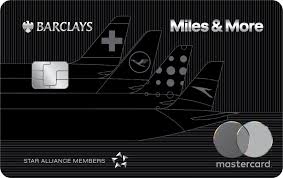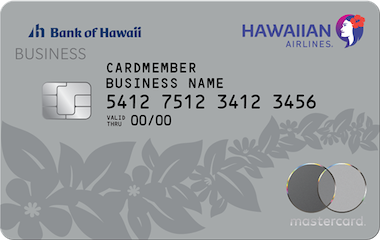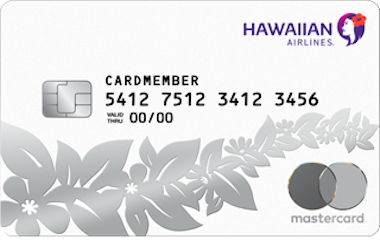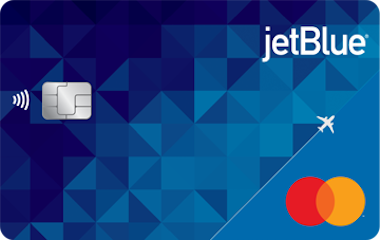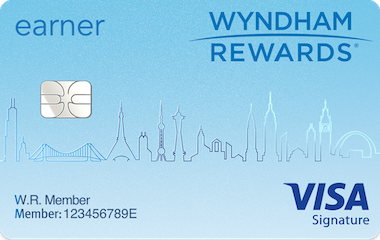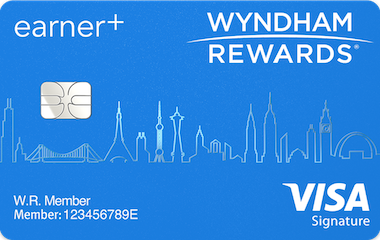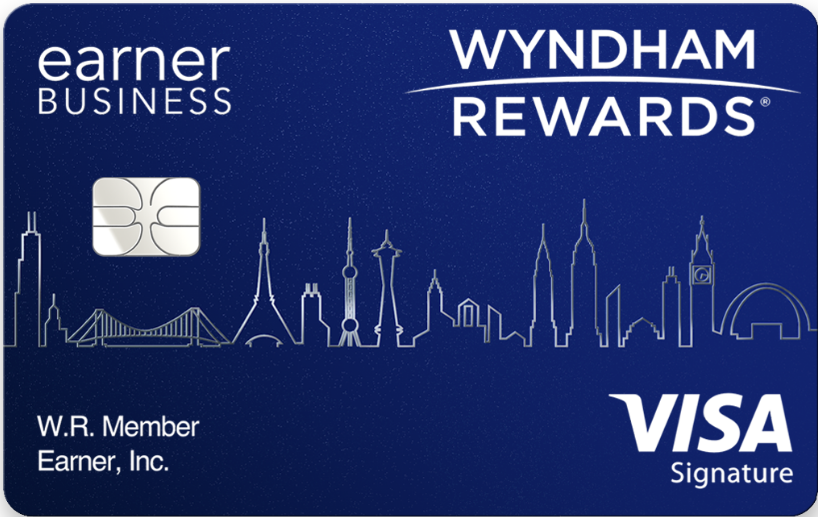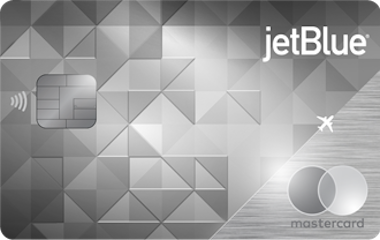Approval Rules Barclay 0/6
You're more likely to be declined on a Barclay application if you currently have a Barclay card that has not been used in the past 6 months
Deep Dive into the Barclay 0/6 Rule
Barclay is one of the only banks that looks at your current Barclay credit card usage before approving you for another Barclay card. If you already have another Barclay card -- but haven't used it in the last six months -- first make a few purchases on that card before applying for another. Then wait until your next statement before applying for another Barclay card. If you already have 2 Barclay cards, we recommend cancelling one, making sure to spend on the other, and then waiting a month before applying for an additional card.
Important to know:
Like most other banks, Barclays has several rules when it comes to how frequently you will be approved for one of their cards and if you will be eligible for a signup bonus. These rules also appear to be inconsistently enforced, so you will see contradictory information regarding this rule and others from the bank. There are reports of people being approved for a new card without having used an existing card for the previous six months, so don’t take this as a hard and fast rule.
Related Rules
How Does This Affect Your Credit Card Strategy?
Most of the credit card rules we discuss are not explicitly stated on the banks’ websites, so you will usually see exceptions to many of them when you dig around. This rule is the same. Rather than try your luck by applying for a new Barclay card while you have one you haven’t used in more than six months, wouldn’t it just be easier to make a few purchases on the old card so as to not risk getting denied?
Adding this one simple piece to your card strategy can prevent you from getting denied for a second Barclay card that you may want. So while this rule won’t have a major impact on your overall card strategy, it is important to be aware of it. We also recommend using the lessons from this rule for all the cards you own.
Important to know:
When it comes to card usage - this goes for all cards, not only Barclay cards and this specific rule - we always think it’s a good idea to continue to spend on the cards you own. It’s imperative to think long-term when you’re in this hobby. Just a few purchases here and there can prevent a denial down the road.
The exception for this strategy would be if you know you’re going to cancel or downgrade a card at the one year mark so as to not pay the annual fee again. In that case, it’s not very important to continue to spend on the card (unless it’s a Barclay card and you’re going to want another before you cancel it). But if it’s a card you plan on keeping in your wallet, or if you know you’re going to want a new card from the same bank at some point in the near future, it’s important to keep your relationship with that bank strong.
If you continue to open new cards for the signup bonus then abandon using them after you earn it, it will eventually catch up to you. It could be for a Barclay card when it comes to this rule, or it could be a card from a different bank. You never want to give the appearance that you are only getting a card for the signup bonus alone, even if that is truly what you’re doing.
Importance of this Rule
* *
All Barclay cards are co-branded hotel and airline cards, so chances are you won’t be applying for these one after another. When points from a card can only be used on one specific airline or at one specific hotel, that makes those points less valuable than ones that can be used on a variety of airlines or hotels. Since Barclay cards are all co-branded, this rule becomes less important than ones that are applied to cards that offer more flexibility.
This rule is one you want to be aware of, though. And the strategy you employ behind this rule can be applied to your card strategy as a whole, regardless of which bank you apply it to. We recommend playing it safe when it comes to all credit card rules, as longevity is the name of the game when you’re in the hobby. While it’s tempting to apply for cards as quickly as you can to earn as many signup bonus points as possible, eventually it catches up to. So you want to do things like spacing applications out and continuing to spend on cards after earning the signup bonus. Doing things like this will extend your overall life in the hobby, allowing you to keep collecting points from different banks for many years to come.
Cards Subject to This Rule
FAQs
Are there exceptions to this rule?
No, it appears that business cards count for this rule. Since this is a rule that is inconsistently enforced, you may see people who say business cards don't count, or you may see conflicting information. We have seen the same, but we prefer to err on the side of caution in these cases, especially when it's a system like Barclay that we don't rate very highly.
How do I check my status?
If you load all the cards you own into the Points Navigator system, we can let you know if you are about to break a certain rule. There are a lot of rules in play when it comes to credit cards. Some banks have limits on how many cards you can open in a specific amount of time. Some have rules on how often you can earn a bonus from the same card. Some have rules on how often you have to use one card before being approved for another. They are very difficult to keep track of, so let us do it for you!
Do business cards count for this rule?
Yes, business cards do count for this rule.
Do product changes on existing cards count for this rule?
Yes, even if you downgrade to a different Barclay card, you would have to spend on that card within six months if you want to be approved for a new one.
About Approval Rules
Collecting credit card points is largely driven by understanding and abiding by bank rules regarding approval (or disapproval) of cards. So here's what you need to know:
- Approval rules are rarely fully publicized by the banks
- We use our own research and data points from other users in creating the rules listing
- Our goal in sharing/using the rule listings is to provide you guidance to avoid getting declined
- There can sometimes be exceptions to the rules, but we try to take a more cautious approach in advising you.



